The world of accounting isn’t what it used to be. Thanks to rapid advances in technology, the way businesses manage their finances has changed dramatically and for the better. Today, technology is at the heart of accounting, making processes faster, more accurate, and more insightful than ever before. Let’s explore how these changes are shaping the profession and what they mean for businesses of all sizes.
The Shift to Digital Accounting
Gone are the days when accountants spent hours poring over paper ledgers and manually entering data. In today’s fast-paced business world, digital accounting is not just a trend, it’s a necessity. Modern accounting software automates routine tasks like data entry, invoicing, and payroll, freeing up accountants to focus on what really matters: helping businesses grow and make smart decisions.
Key Innovations Changing the Game
Cloud Accounting:
With cloud-based accounting, your financial data is always at your fingertips whether you’re in the office, at home, or on the go. This means teams can collaborate in real time, and business owners can check their numbers anytime, anywhere.
Automation Tools:
Tasks that once took hours, like processing invoices or running payroll, can now be done in minutes. Automation not only speeds things up but also reduces the risk of mistakes that can happen with manual work.
Data Analytics:
Today’s accounting tools do more than just crunch numbers; they help you understand them. Advanced analytics turn raw data into valuable insights, making it easier to forecast sales, set budgets, and plan for the future.
AI and Machine Learning:
Artificial intelligence is taking accounting to the next level. AI can spot patterns, flag unusual transactions, and even predict future trends, helping businesses stay ahead of the curve.
Why Embracing Technology Matters
Efficiency:
Automating repetitive tasks means accountants can spend more time on analysis and strategy, adding real value to the business.
Accuracy:
Technology minimizes human error, ensuring your financial records are reliable and up-to-date.
Cost Savings:
Cloud solutions cut down on expensive IT infrastructure and reduce the need for paper, saving money in the long run.
Compliance:
Automated systems help businesses stay on top of changing regulations, making it easier to keep financial records accurate and compliant.
Real-World Impact: A Success Story
Take the example of a growing software company that switched to cloud accounting. By automating their invoicing and expense tracking, they cut their monthly accounting workload by 40%. This freed up their finance team to focus on strategy, leading to a 25% boost in profitability in just one year.
Looking Ahead: The Future of Accounting
Technology is reshaping accounting in ways we couldn’t have imagined a decade ago. Businesses that embrace these changes are better equipped to adapt, compete, and thrive in a constantly evolving landscape. If you’re ready to take your accounting practices to the next level, now is the time to explore the latest technologies and see how they can work for you.
Need help getting started? Reach out to our team for expert advice on implementing modern accounting solutions tailored to your business.


